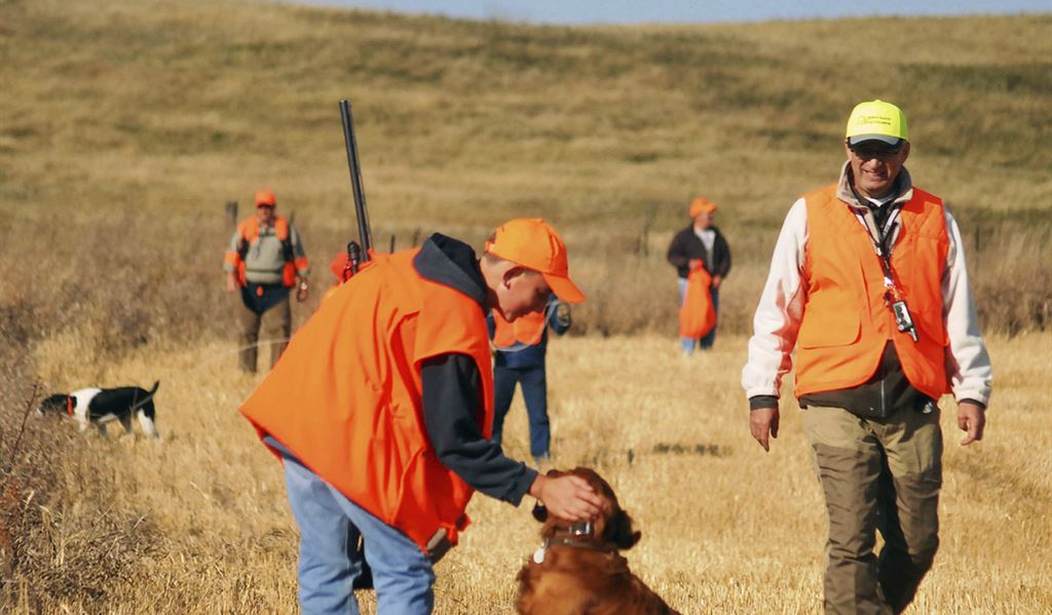There are a lot of people who look down on hunting and hunters. They view hunting as barbaric, something one simply shouldn’t engage in as a civilized individual. We should get our meat from the grocery store just like countless generations should have…in their minds, at least.
That mindset doesn’t make a lot of sense to me. Hunters aren’t senselessly slaughtering animals and leaving their carcasses in the woods, for crying out loud. There are laws that exist to regulate hunting, laws that also help make sure hunting is viable for generations to come.
However, hunting is on the decline. For better or worse, that’s just how it is.
Before all those animal lovers celebrate, though, they should understand the ramifications of that fact.
But today, that symbiosis is off kilter: Americans’ interest in hunting is on the decline, cutting into funding for conservation, which stems largely from hunting licenses, permits and taxes on firearms, bows and other equipment.Even as more people are engaging in outdoor activities, hunting license sales have fallen from a peak of about 17 million in the early ’80s to 15 million last year, according to U.S. Fish and Wildlife Service data. The agency’s 2016 survey suggested a steeper decline to 11.5 million Americans who say they hunt, down more than 2 million from five years earlier.“The downward trends are clear,” said Samantha Pedder of the Council to Advance Hunting and the Shooting Sports, which works to increase the diversity of hunters.The resulting financial shortfall is hitting many state wildlife agencies.In Wisconsin, a $4 million to $6 million annual deficit forced the state’s Department of Natural Resources to reduce warden patrols and invasive species control. Michigan’s legislature had to dig into general-tax coffers to save some of the state’s wildlife projects, while other key programs, such as protecting bees and other pollinating creatures, remain “woefully underfunded,” according to Edward Golder, a spokesman for the state’s natural resources department. Some states, including Missouri, are directing sales tax revenue to conservation.Here in Pennsylvania — where the game commission gets more than 50 percent of its revenue from licenses, permits and taxes — the agency had to cancel construction projects, delay vehicle purchases and leave dozens of positions vacant, according to a 2016 report, even as it tackled West Nile virus and tried to protect rare creatures such as the wood rat.
Unfortunately, that’s part of what hunting is about. Hunters gladly pay the fees for hunting permits not just because they enjoy hunting, but because they understand where that money goes. Hunters are, by their very nature, conservationists. They want these animals protected and preserved and they don’t balk and licensing fees for the most part because they know where that money goes.
Yet anti-hunters, who think of themselves as the true friends of wildlife, are more than content to let thousands of species die out than to let non-endangered species be hunted.
Now, I’m not going to say the anti-hunting activists are responsible for the decline in hunting. I don’t know that they’ve been nearly as effective as they’d like to be. I think part of the issue with the decline in hunting falls on people like me, people have failed to successfully get their kids involved in hunting and other outdoor activities. We fail and then the next generation has no interest in pursuing it on their own.
Still, it’s important we all remember what’s at stake. It’s why I’m continuing to work to get my kids involved and out there; all so we can preserve the things that really count.








Join the conversation as a VIP Member